This post contains affiliate links.
Keeping your house cool during hot weather is essential not only for comfort, but also energy efficiency. Reduced energy consumption means lower energy bills and a smaller carbon footprint — the ultimate win-win.
Here are 20 ways to help keep your house cool with or without air conditioning during the hot summer months.
1. Close Curtains and Blinds
Keep curtains and blinds closed during the hottest parts of the day to block out direct sunlight. Better yet, invest in insulated blackout curtains. Since they’re insulating, they’ll also help keep your home warm during the winter months.
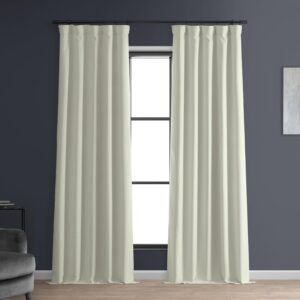
We recommend these: Half Price Drapes Solid Thermal Insulated Blackout Curtains from Amazon, $45.
2. Use Reflective Window Film
Apply reflective window film to reduce the amount of heat entering through windows. This is a quick and inexpensive way to bring the temperature down, especially for windows that get a lot of direct sunlight during the hottest times of the day.

We recommend: Sun blocking, non-Adhesive, removable window film, $7 on Amazon.
3. Install Shade Structures
Set up awnings, pergolas, or shade sails to provide shade over windows and outdoor areas. It can even be as simple as adding a large umbrella to a patio space.
Check out this post from Curbly with loads of great ideas for adding shade to your home: Ten DIY ways to create shade in your backyard using canopies, pergolas and shade sails.
4. Seal Leaks
Ensure windows and doors are properly sealed to prevent warm air from entering and cool air from escaping.
5. Cross-ventilation
Use cross-ventilation by opening windows on opposite sides of your home to allow fresh air flow through.
In the cooler mornings and evenings, setup a few fans to draw cool air into the warmer spaces. Box fans are a great option for quickly moving cool air throughout your house.
If you own you home, you can also look into installing a attic fan. An attic fan helps expel hot air from the attic, reducing the overall temperature and minimizing heat transfer to the rest of the house.
Our favorite fans
 Buy Now →
Buy Now →  Buy Now →
Buy Now →  Buy Now →
Buy Now → 6. Ceiling Fans
Use ceiling fans to circulate air, making the room feel cooler without lowering the temperature. Ceiling fans are great at pulling cool air up from the lower parts of the room.
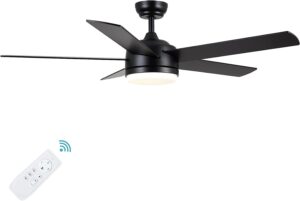
We recommend: 52 inch black Ceiling fan with LED light from Amazon, $139.
7. Window Fans
Place window fans strategically to expel hot air out and draw cooler air in. Works well as part of your cross-ventilation strategy!
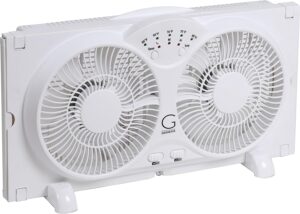
Try the Genesis Twin Fan High Velocity Reversible AirFlow Fan from Amazon, $46.
9. Close Off Unused Rooms
If you have unused rooms that tend to collect heat, close them off. Also close doors to bathrooms, closets, laundry rooms, and other spaces you don’t spend a lot of time in that tend to warm up during the day.
9. Close Off Unused Vents
If you have air conditioning, close off vents in rooms you aren’t actively using. As cold air tends to sink, also close all the vents in any basement or lower floors to try to keep your upper space cool.
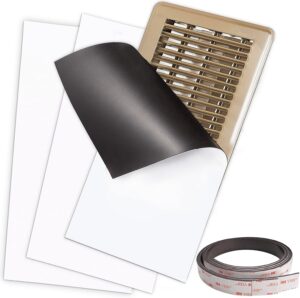
Try these: Magnetic vent covers from Amazon, $20.
10. Add Vent Fans
Vent fans are a great way to maximize your air conditioning. They’re perfect for better distributing cold air to the upper floors of your house, keeping energy cost and thermostats lower.
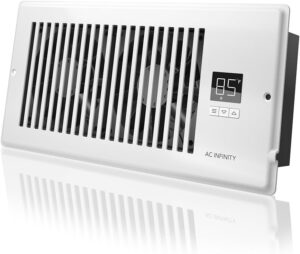
Check out the AC Infinity AIRTAP T4, Quiet Register Booster Fan with Thermostat Control from Amazon.
11. Plant Trees
More of a long-term plan, but use Mother Nature to cool your home! Plant shade trees near windows to provide natural cooling through shade.

12. Use Light-Colored Exterior
Light-colored materials reflect more sunlight and absorb less heat than dark-colored ones. If you have a dark colored front door, consider painting it a lighter color.
13. Avoid Cooking and Baking
Avoid using the oven or stove during the hottest parts of the day. Opt for no-cook, toaster over, air fryer, or microwave meals. Better yet, order takeout!
14. Install a Programmable Thermostat
By using less energy to heat or cool your home during times when it’s not needed, you can save on your monthly energy bills. The U.S. Department of Energy estimates that you can save about 10% per year on heating and cooling costs by properly using a programmable thermostat.
Be sure to check with your local utility company to see if they offer discounts on programmable thermostats.
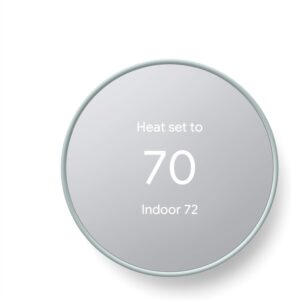
We recommend the Google Nest Thermostat, $129 from Amazon.
15. Switch to LED Bulbs
LED bulbs emit very little heat compared to incandescent bulbs and CFL bulbs, which release a significant amount of their energy as heat. This not only helps to keep indoor spaces cooler, but it also reduces the risk of fire hazards and makes LEDs safer to handle.
16. Unplug Electronics
Electronics and chargers can generate heat even when not in use. Unplug them when possible.
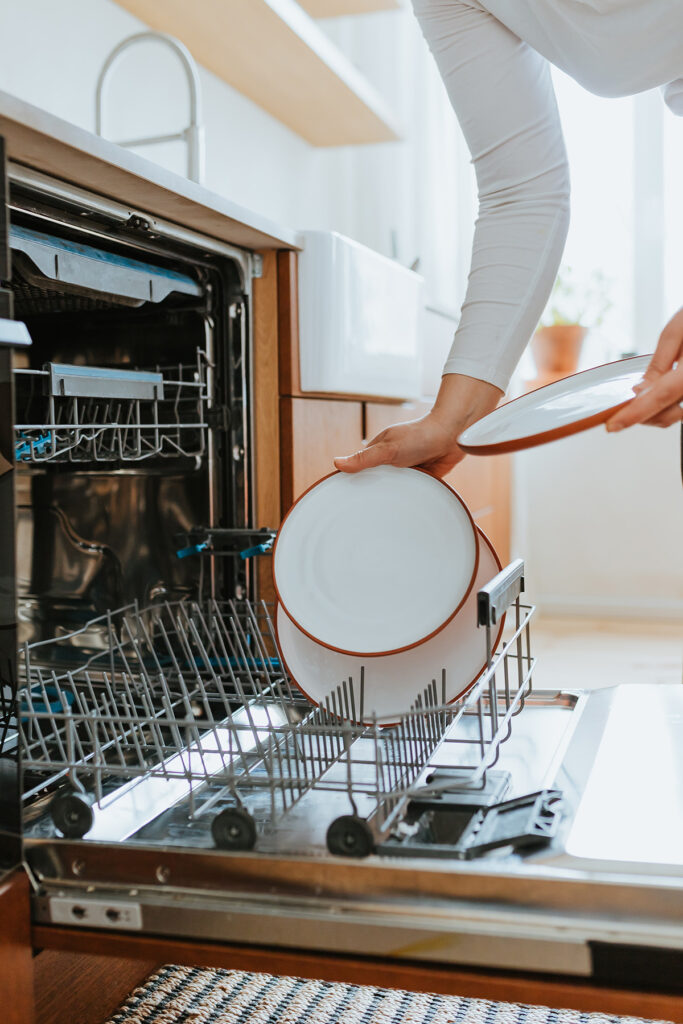
17. Use Heat-Generating Appliances at Night
If you need to use heat-generating appliances like dishwashers, dryers, and washing machines, use them during the cooler evening hours. It’s also helpful to use these more energy demanding appliances at night to avoid peak electric usage hours and power outages.
18. Cool Bedding
Use lightweight and breathable bedding materials, like cotton sheets, to stay cool during the night.
19. Cooling Mats or Pillows
Consider using cooling pillows or mats to keep your body temperature down while sleeping.
They also make cooling mats for pets and they works great! We use it in our house and also on long car rides.
20. Ice Fan Hack
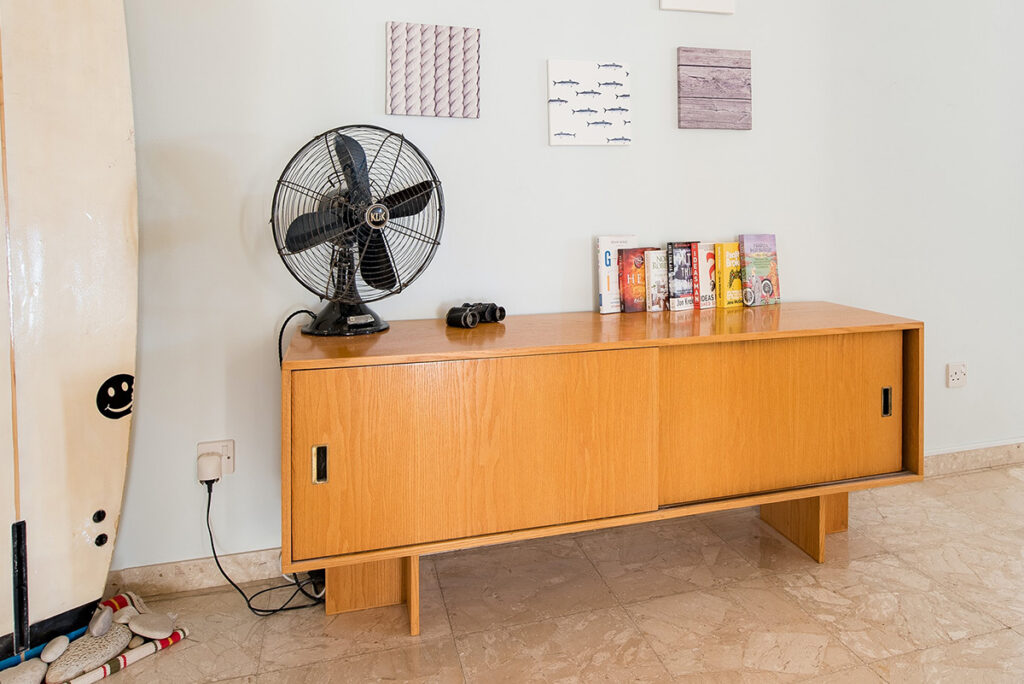
Make your own cool breeze! Place a bowl of ice in front of a fan to create a makeshift air cooler. Check out this tutorial from Apartment Therapy: Don’t Sweat: This DIY Ice Fan Tutorial Will Keep You Cool All Summer
While cooling your home requires energy, a well-insulated and properly ventilated house can help keep indoor temperatures lower naturally, reducing the need for air conditioning. This leads to lower energy bills and reduced strain on the power grid during peak demand times.
Remember that a combination of these methods may work best for your specific situation. And it all else fails, you can always hop in a cold shower!
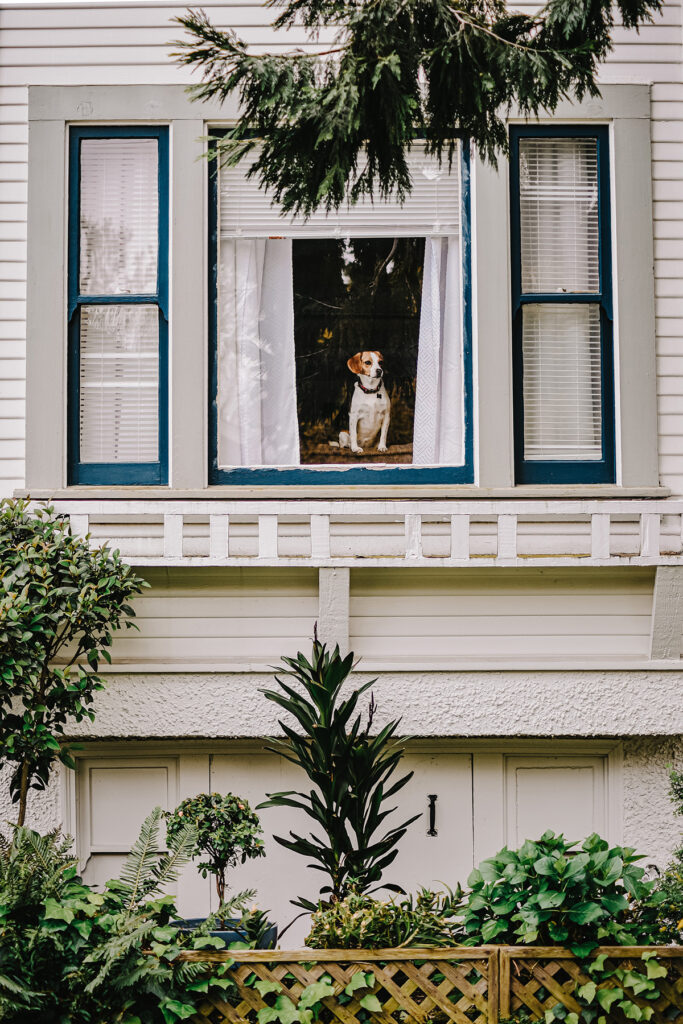

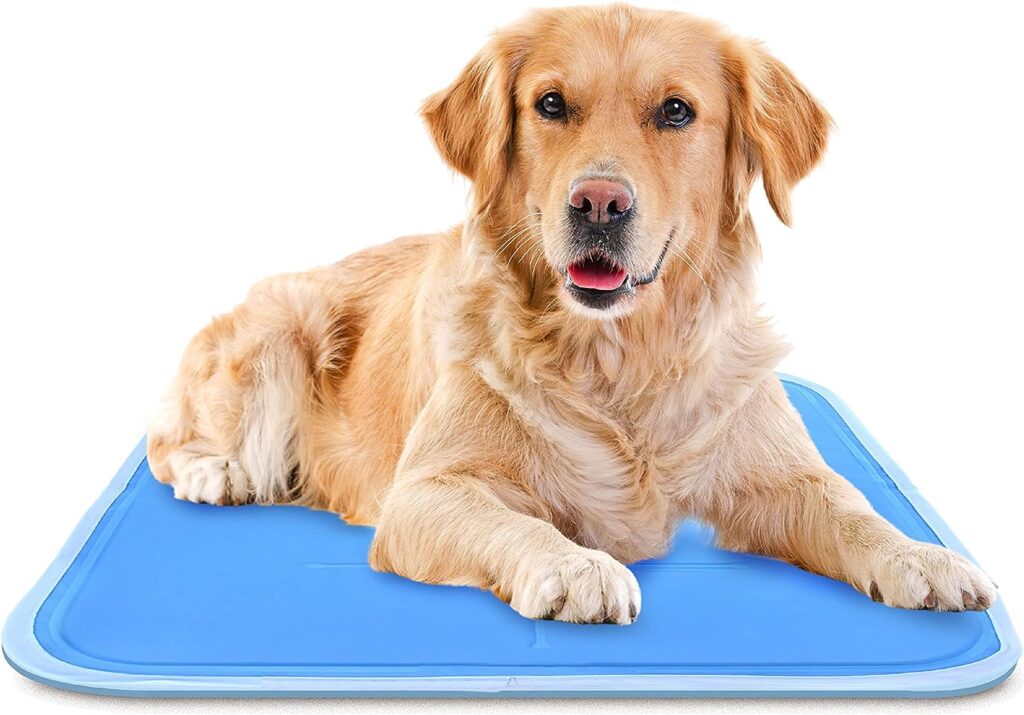
Great article! However, I’d like to mention that for the sake of saving energy and reducing your bills, always remember that ceiling fans only circulate air. They don’t actually cool the room or lower the temperature. They only make you feel cooler when you’re underneath them. So, remember to turn them off whenever you leave the room.